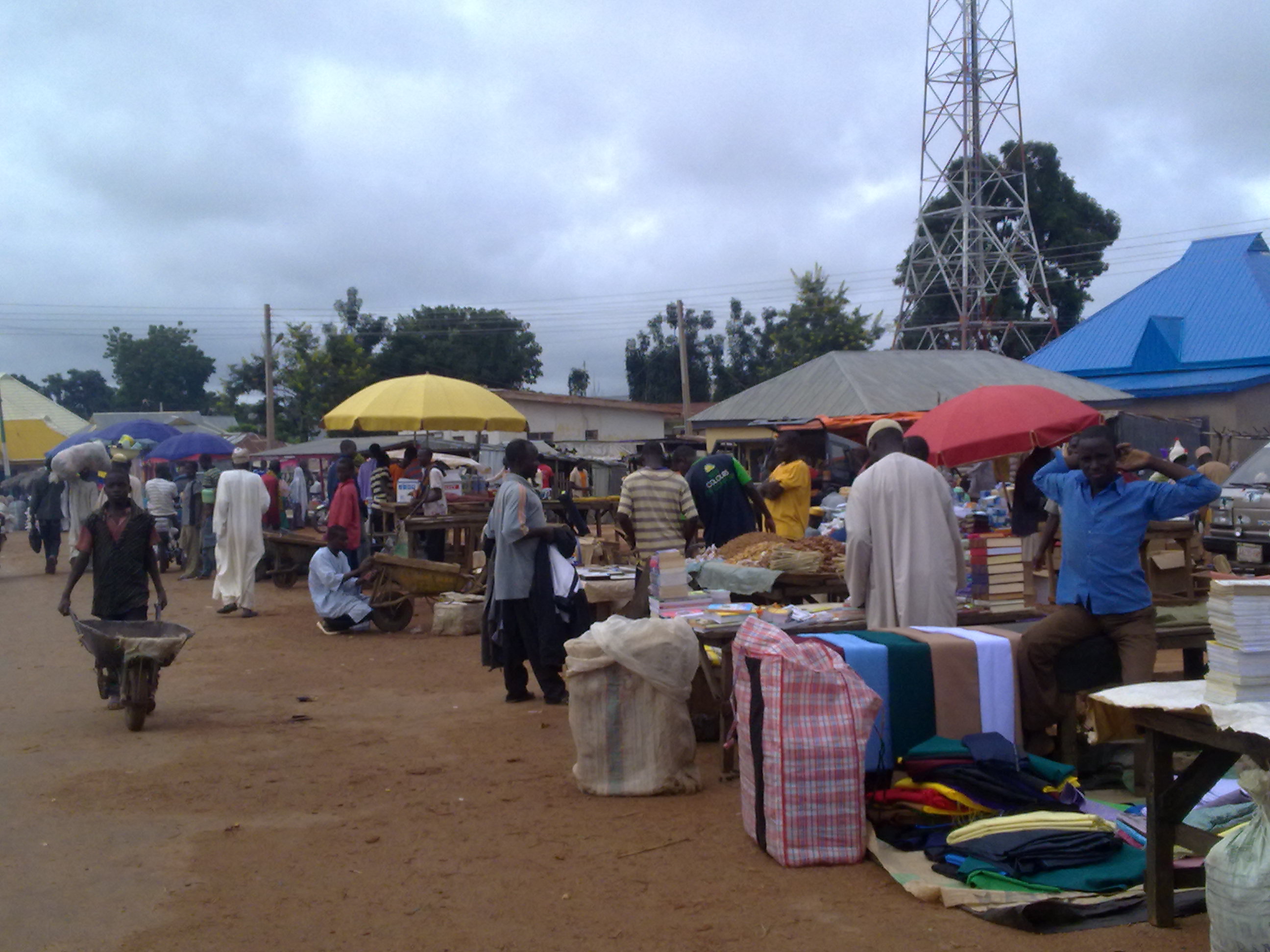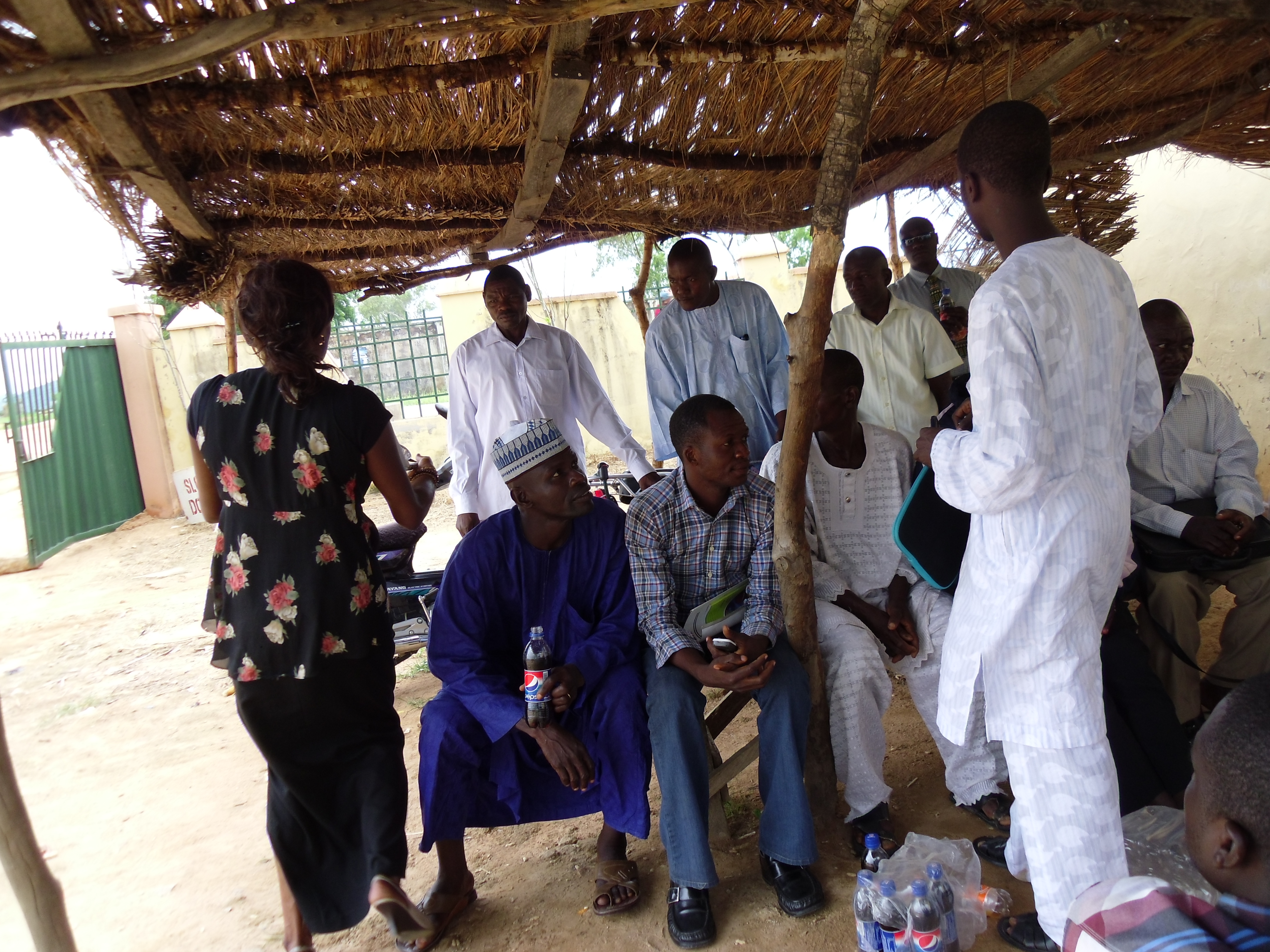Bedah Mengo charts an increasingly common path business owners in Kenya are taking to not only supplement their incomes, but also increase foot traffic – a move that adds another revenue stream while boosting in-store sales. Here’s a typical story of a business owner in the East African nation’s capitol:
Bob Mutie, who runs a cybercafe in Komarock estate, Nairobi , is among hundreds of traders in the capital doubling up as mobile money agents.
Mutie became a money transfer agent about eight months ago after running his core business for about two-and-a-half years.
‘Cybercafe is my main trade but I thought I should expand my business and try to boost revenue by becoming a money transfer agent,’ Mutie said on Wednesday.
He recounted he applied to a leading telecommunication company to become their agent, paid the requisite deposit of about 720 U.S. dollars and he was given the approval.
‘I made a little partition in the cybercafe and put a sign outside the shop that I was offering mobile money services. This did not cost me much,’ he said.

